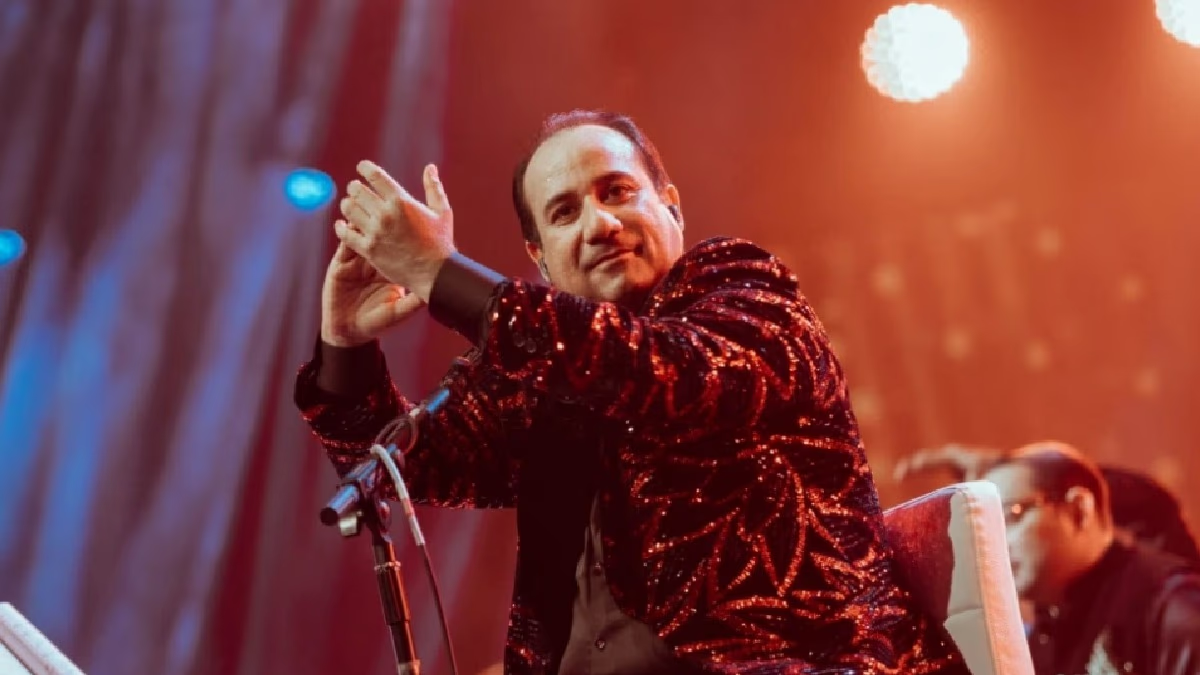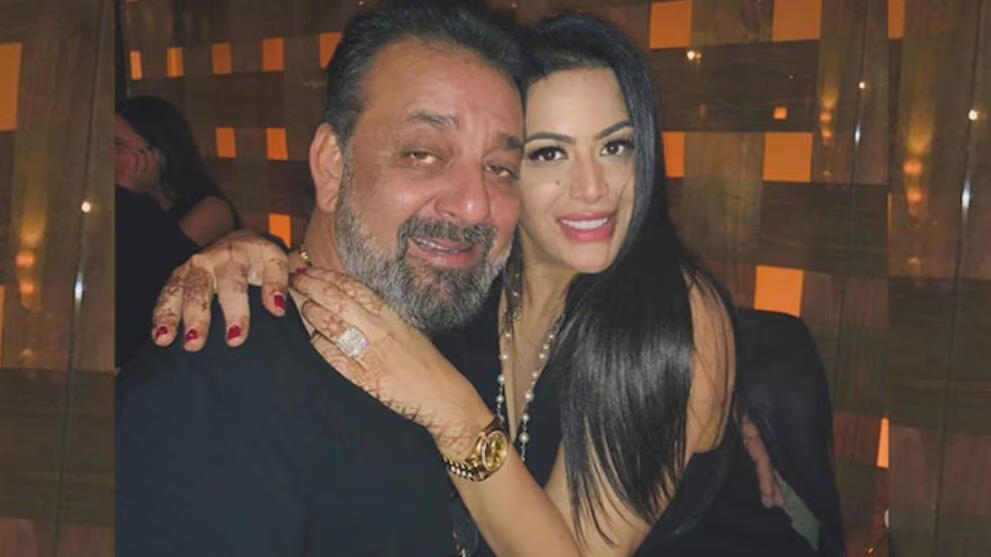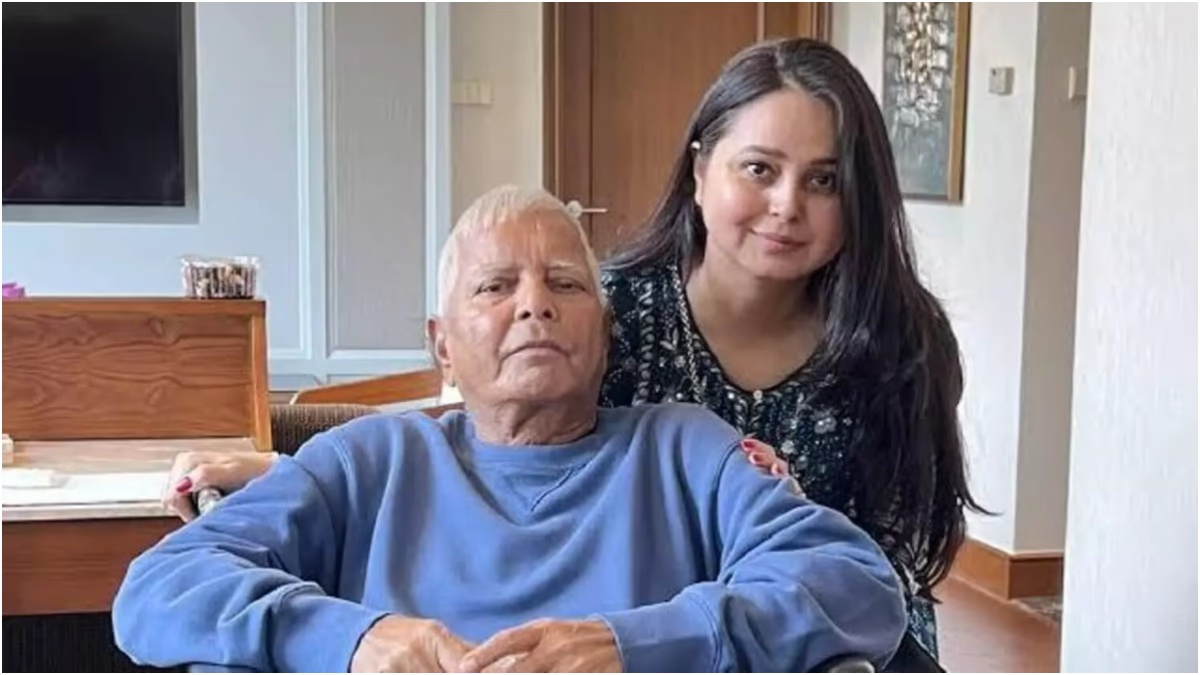The celebrated Pakistani singer Rahat Fateh Ali Khan is set to perform in Dhaka on December 21. This concert follows a meeting between Pakistan's Prime Minister Shahbaz Sharif and Bangladesh's interim government leader Mohammad Yunus. The event, titled 'Echoes of Revolution', marks another step towards prioritizing Pakistani artists over Indian ones in Bangladesh's post-Hasina era.
Organized by the platform 'Spirits of July', the 'Echoes of Revolution' concert will be held at the Bangladesh Army Stadium. The objective is to support those impacted by the fall of the Hasina government.
Read More: Rising Attacks on Hindus Across Borders: Bangladesh at 2200, Pakistan at 112, Reveals MEA Data
Recently, Rahat Fateh Ali Khan shared a video message about the concert on social media, stating, 'Greetings to my courageous Bangladeshi brothers and sisters. As-salamu alaykum. I will soon visit your beautiful country, Bangladesh, to perform at the invitation of students.'
He further elaborated, 'I am performing in a charity concert to aid families of those injured or killed during the July rebellion. This program is student-organized, and all proceeds will be directed to those families. The event is to be held at the Army Stadium in Dhaka.'
Read More: Why is the Bangladeshi General Missing from Pakistan's Iconic Surrender Photo? Analyzing the Inadequacy Behind Yunus Government's Claims
In closing, Rahat Fateh Ali Khan expressed excitement about meeting his Bangladeshi audience, saying, 'I look forward to meeting my Bangladeshi brothers and sisters at the Army Stadium on December 21, Insha'Allah. May the friendship between Bangladesh and Pakistan flourish.'
This concert will feature Bangladeshi popular bands including Artcell, Chirkutt, Aftermath, and members from Silsila, alongside renowned rap artists Shezan and Hanan joining the stage.
Read More: Bangladesh Critiques PM Modi's Victory Day Post, Insisting India Was Just an Ally in the Triumph
Previously, Pakistani singer Atif Aslam also performed in Dhaka, underscoring that Bangladeshi organizers are increasingly prioritizing Pakistani artists over their Indian counterparts. This shift reflects the evolving political and cultural landscape in Bangladesh post-Hasina's administration.




